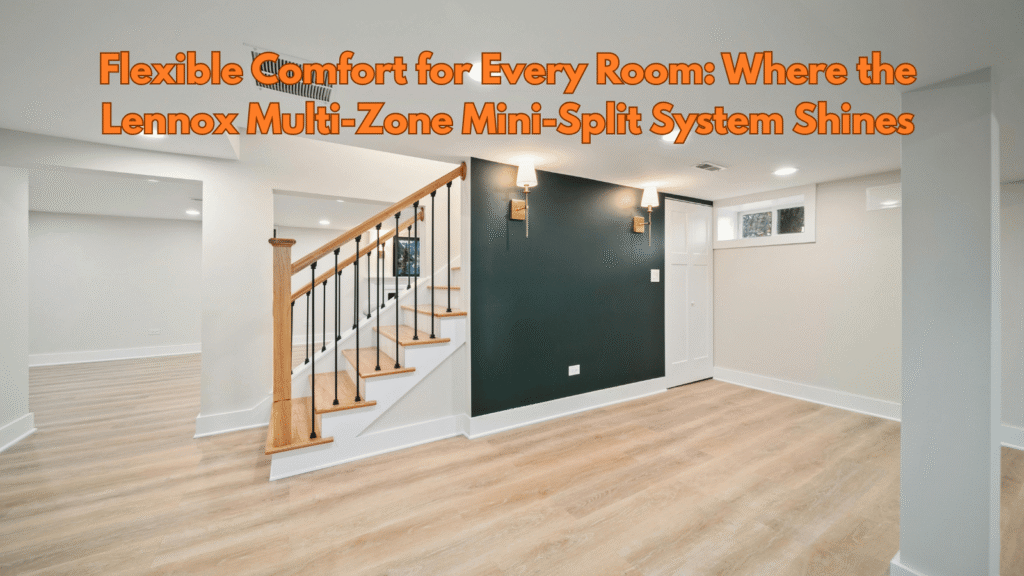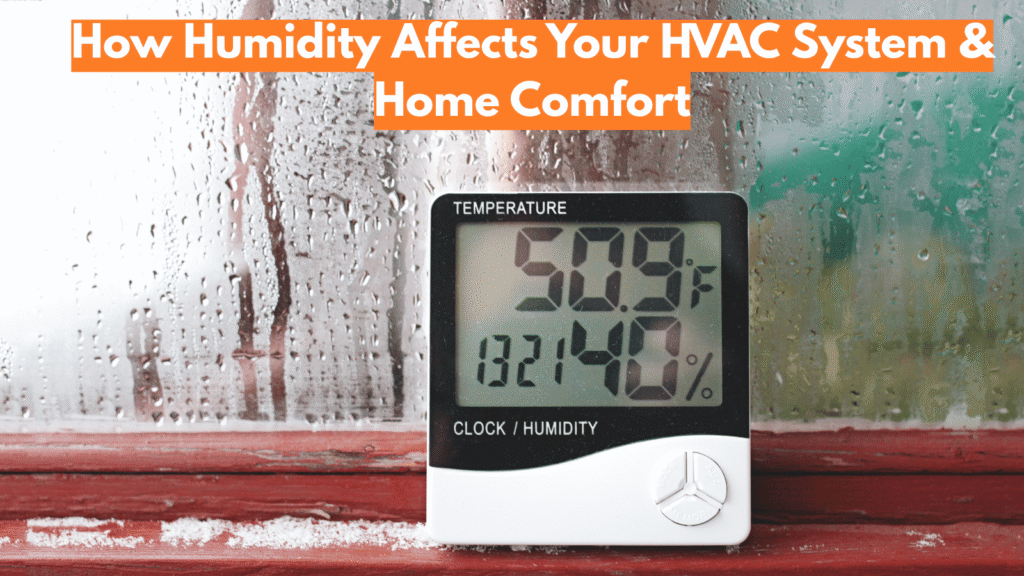The Quietest Heating Systems Homeowners Are Choosing Right Now
When most people think about furnaces, noise isn’t the first thing that comes to mind—until their system starts clanking, humming, or roaring to life in the middle of the night. Then suddenly, quiet operation matters a lot.
Across the Brooklyn Park and Twin Cities area, homeowners are paying closer attention to how their heating systems sound, not just how well they heat. And the trend is clear: people want warmth without the noise.
So what’s changed—and why are quieter heating systems becoming such a priority?
Why Furnace Noise Is a Bigger Issue Than It Used to Be
Modern homes are different than they were even 15–20 years ago. Open floor plans, finished basements, home offices, and work-from-home schedules mean people are more aware of background noise.
Common complaints homeowners mention include:
- Loud startup or shutdown sounds
- Air rushing through vents
- Rattling or vibrating ductwork
- A furnace that’s noticeably louder at night
For commercial spaces, excessive HVAC noise can affect:
- Employee focus
- Customer experience
- Meeting rooms and shared spaces
A noisy furnace doesn’t always mean it’s failing—but it often means the system is outdated or working harder than necessary.
What Actually Makes a Heating System Quiet?
Quiet operation isn’t about one single feature. It’s a combination of smart design and proper installation.
The quietest systems typically include:
- Variable-speed blowers that ramp up gradually instead of blasting on
- Longer, smoother heating cycles
- Improved cabinet insulation
- Better airflow control through ductwork
Instead of loud bursts of heat, these systems maintain steady temperatures with minimal sound.
Why Variable-Speed Technology Is a Game Changer
Older furnaces operate in a very basic way: on full blast or completely off. That sudden rush of air is one of the biggest sources of noise.
Newer systems with variable-speed technology:
- Start slowly
- Adjust output based on demand
- Run more consistently at lower speeds
The result is quieter operation and more even comfort throughout the space.
Where Lennox Fits In
Many homeowners exploring quieter heating systems end up looking at Lennox options—and for good reason. Lennox designs many of their furnaces with sound reduction in mind, combining variable-speed components with insulated cabinets to minimize operational noise.
That said, the furnace itself is only part of the equation.
Installation Matters Just as Much as the Equipment
Even the quietest furnace on the market can become noisy if:
- The system isn’t properly sized
- Ductwork is poorly designed or unbalanced
- Airflow isn’t set up correctly
- Vibration isn’t isolated during installation
This is where professional experience makes a noticeable difference.
Serving residential and full commercial properties throughout Brooklyn Park and the greater Twin Cities area, Marsh Heating & Air Conditioning focuses on the entire system—not just the unit. Proper sizing, airflow balancing, and thoughtful installation are critical to achieving truly quiet operation.
Quieter Heating Often Means Better Comfort Too
One of the unexpected benefits homeowners notice after upgrading to a quieter system is improved comfort.
Quieter systems often provide:
- More even temperatures
- Fewer hot and cold spots
- Less temperature swing
- A calmer, more comfortable indoor environment
It’s not just about reducing noise—it’s about how the home feels overall.
Is a Quiet Furnace Always the Right Choice?
Not every noise issue requires a full system replacement. In some cases, improvements can be made through:
- Duct adjustments
- Airflow balancing
- Maintenance or component upgrades
A professional evaluation can help determine whether noise is coming from the furnace itself or from supporting components in the system.
The Takeaway for Homeowners and Businesses
Quiet heating systems aren’t a luxury—they’re becoming the standard for comfortable living and working environments. Whether you’re upgrading an older furnace or addressing ongoing noise issues, understanding your options can make a big difference in daily comfort.
The best solutions come from pairing the right equipment with the right expertise.










